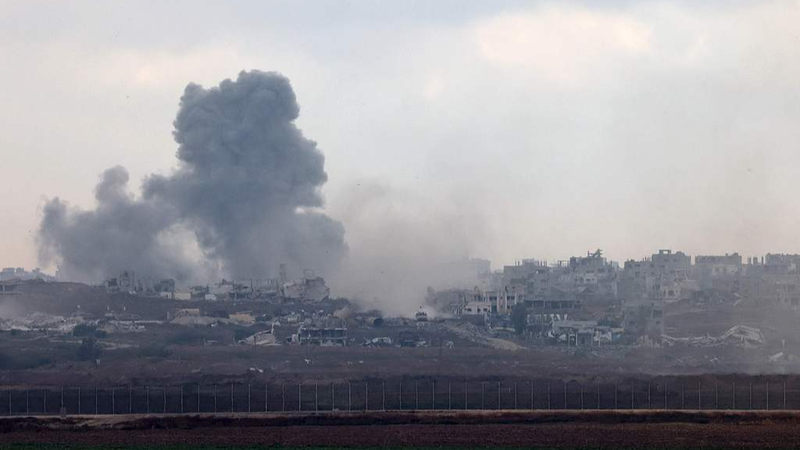In a sharp departure from decades of US foreign policy, Ambassador Mike Huckabee told Bloomberg News on Tuesday that Washington is no longer seeking an independent Palestinian state under current conditions. When asked if a Palestinian state remains an official goal, Huckabee replied, “I don’t think so.”
Instead of pursuing statehood within the West Bank, the ambassador suggested that any future Palestinian entity might be established by a Muslim-majority country outside the disputed territory. “Unless there are some significant things that happen that change the culture, there’s no room for it,” he said, adding that such a shift “may not occur in our lifetime.”
The remarks sparked quick responses in Washington. State Department spokeswoman Tammy Bruce stressed that Ambassador Huckabee “speaks for himself” and emphasized that the president sets US policy in the Middle East.
Huckabee’s comments come amid broad international support for the two-state solution. Over two-thirds of United Nations member states have recognized the State of Palestine, and world leaders have repeatedly called for the creation of a sovereign Palestinian state alongside Israel, based on the 1967 borders with East Jerusalem as its capital.
Last week, UN Secretary-General António Guterres urged leaders at the United Nations in New York to keep the two-state solution “alive.” “And for those that doubt about the two-state solution, I ask: What is the alternative? Is it a one-state solution in which either the Palestinians are expelled or forced to live in their land without rights?” he said, warning that abandoning it risks a one-state reality where Palestinians could be expelled or denied rights.
Later this month, French and Saudi diplomats plan to host a conference at the UN to map out a roadmap for an eventual Palestinian state, signaling continued global momentum for diplomacy, even as US policy appears in flux.
Whether this policy shift marks a new chapter in Middle East diplomacy or a temporary detour remains to be seen, but it has already reignited debates on one of the most enduring and complex conflicts in international relations.
Reference(s):
U.S. no longer pursuing independent Palestinian state, says ambassador
cgtn.com



